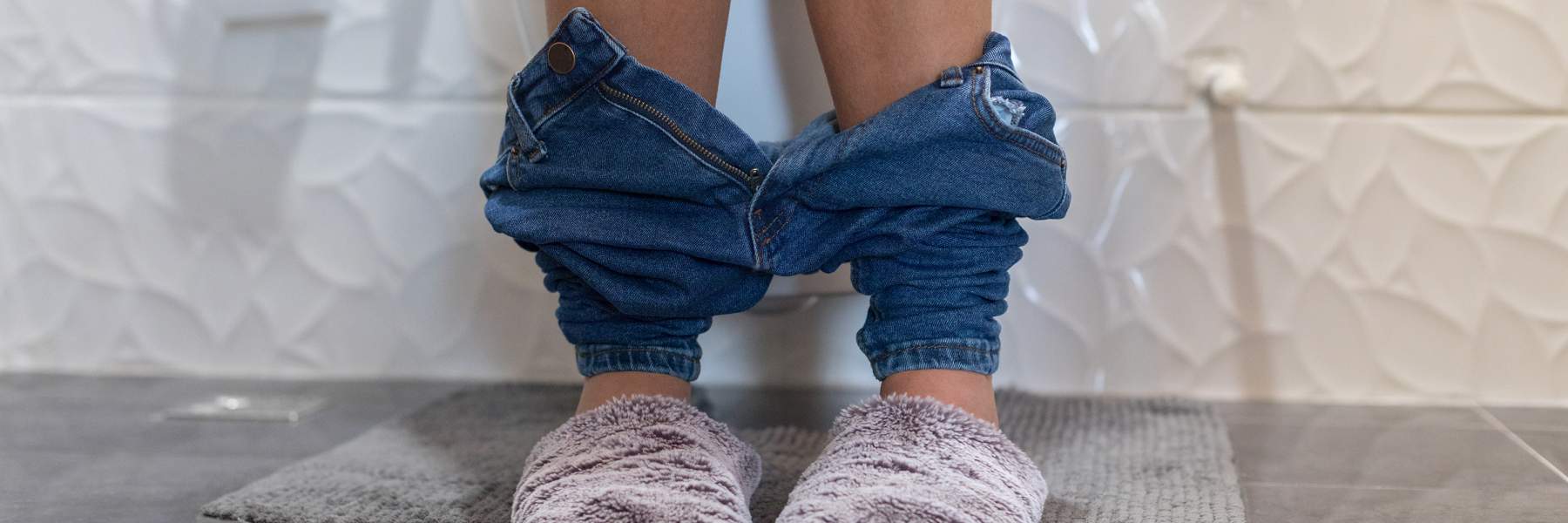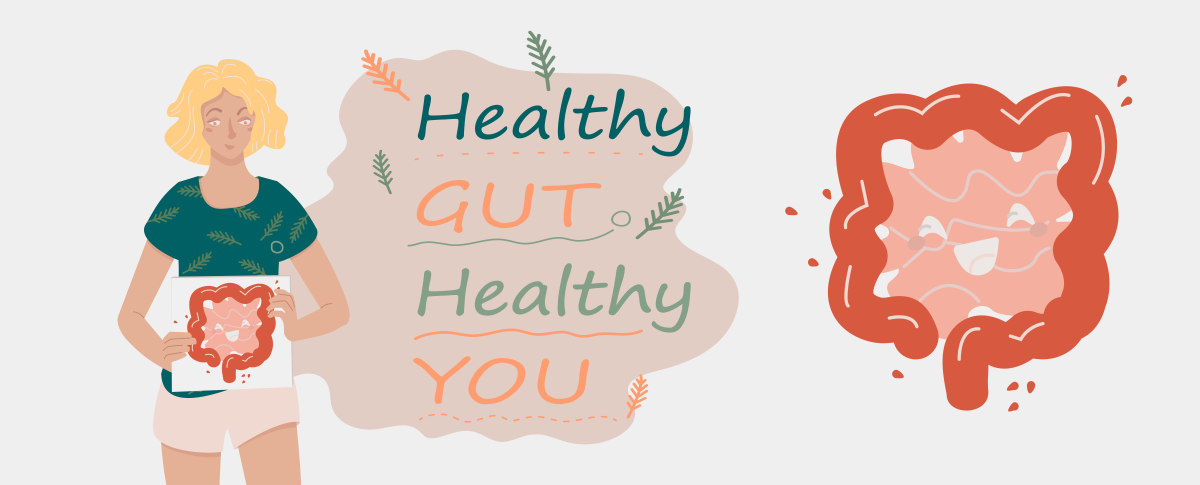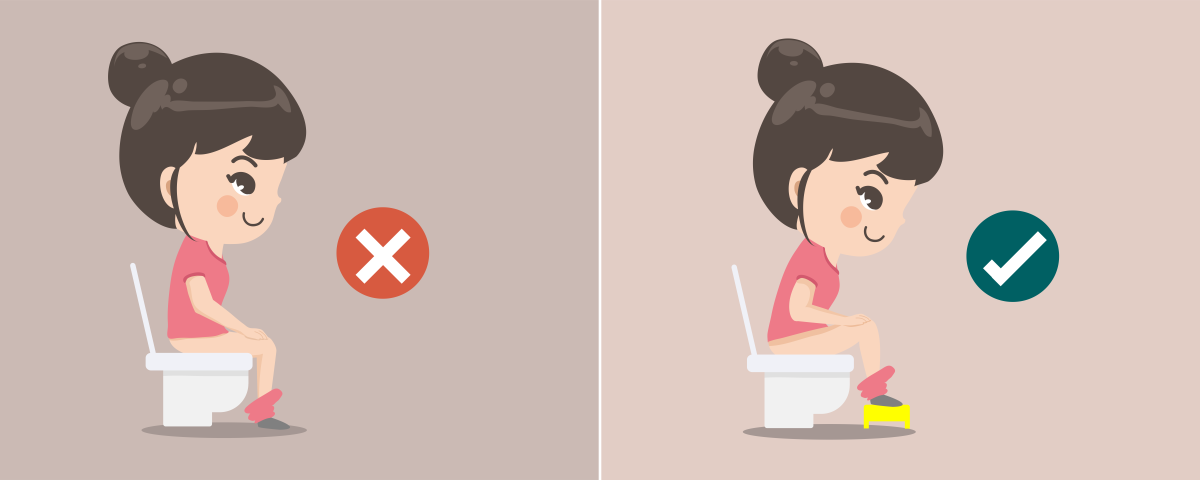The gastrointestinal tract includes all the body parts between our mouth and our anus. It absorbs nutrients from our food and prepares what remains to be passed as faeces (poo). However, its interaction with our bodies is much more complex than that.

There are two ways that the gastrointestinal tract (gut) can be affected in people with endometriosis or pelvic pain.
1. Changes in the way the bowel functions
This is very common, affecting a majority of endometriosis patients. The bowel itself is normal, but it is sensitised and symptoms like diarrhoea, constipation, crampy pains, bloating and flatus (wind) are common.
Food intolerances are common, and unless the food eaten is exactly what the bowel wants, it is likely to complain and cause pain or discomfort.
Endometriosis in any part of the pelvis can be associated with a sensitised bowel. The endometriosis lesions don’t need to be next to or in the bowel wall, and removing the endometriosis may not reduce the bowel symptoms.
2. Endometriosis in the wall of the bowel
This is much less common, affecting 8-12% of people with endometriosis. Rather than being in the peritoneum over the rectum, the endometriosis lesions have grown deeper and involve the bowel wall itself. Endometriosis involving the bowel wall can be seen at a laparoscopy or with high quality vaginal ultrasound.
Pain opening the bowels at period time, or pain deep inside with penetrative sexual activity, can be due to endometriosis in the bowel wall. However, these symptoms can be due to pain conditions as well. For example, pain when passing a bowel action is often due to tight, painful pelvic floor muscles. Tight pelvic floor muscles can also cause a tear in the anus that is slow to heal, called a fissure. That’s another cause of pain when opening bowels.

How to improve constipation
For constipation, consider:
- Eating more fruit and vegetables in your diet. This encourages healthy bacteria in the gut and gives them the food they like to digest. Your gut brain axis will thank you, you’ll be healthier and you’ll have less pain.
- Regular exercise. This improves the natural contractions of the bowel.
- Avoid opioid pain medications as these worsen constipation.
- A fibre supplement or stool softener. Remember that constipation medications that make the bowel contract strongly can cause bowel problems if you use them regularly. Your GP can advise you on the best choices. A healthy diet is always the best start.
- Using a footstool when you sit on the toilet. This makes it easier for the bowel action to pass.

How to improve diarrhoea
For diarrhoea, consider:
- Whether you may have coeliac disease, a problem with gluten in food. This is more likely if you have family members with coeliac disease, or your iron levels are low.
- Whether you have a food intolerance. The best person to help you with this is a dietitian or nutritionist.
- Whether you may have an inflammatory bowel disorder. This causes pain, and sometimes bleeding or mucus from the bowel.
- Whether a low dose of amitriptyline may help you. This reduces bowel sensitisation and slows the bowel a little. Your GP can advise whether this might be suitable for you.
- Whether you have been using too many anti-inflammatory medications (e.g. ibuprofen, naprosyn, diclofenac). If you are tender high in the abdomen just below your ribs, you may have an irritated stomach causing diarrhoea.
- Whether you have a bowel infection with a parasite like giardia, maybe after a holiday away.
Your GP can arrange a blood test to screen for coeliac disease, a faeces culture in case of infection, a calprotectin test in case of inflammatory bowel disease, or a referral for dietitian review. It’s always good to check for coeliac disease before changing your diet, as this test isn’t reliable if you are already eating a gluten free diet.
Additional resources
Endometriosis and the bowel
Pelvic Exercises Physiotherapy: Exercises for Relieving Constipation, IBS Bloating and Abdominal Pain
The 6 Stages of Toilet Meditation
 Skip to main content
Skip to main content